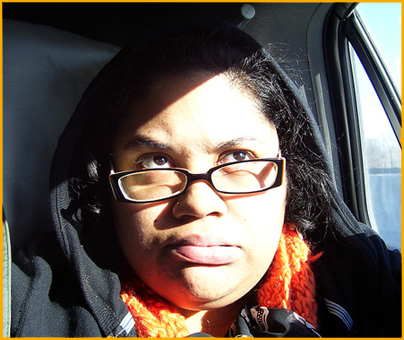
Usually we have no sympathy to spare for the fast food industry, but it seems like even when it tries to do better, things don’t work out somehow. Thanks, Yunji de Nies and Claudia Acosta of ABC News, for reporting on this.
When Yum Brands introduced grilled chicken in 2009, the corporation certainly didn’t foresee being sued by some of its Kentucky Fried Chicken franchisees. Even having Oprah Winfrey on board as partner in the enterprise didn’t help. In fact, that was part of the problem.
To help promote the healthier, grilled alternative to KFC’s traditional fried chicken, the Oprah Winfrey show announced downloadable coupons for free sample meals. Oprah has a big audience. A whole lot of people showed up at their local KFC, only to be told that supplies had run out. This is not an example of stellar public relations. The company president had to make a public apology. And, for some unexplained reason, the franchise owners absorbed the cost of the giveaway.
Then, things got even worse. Other fast-chicken conglomerates increased their profits, while the Colonel’s empire took a 6% hit. The article quotes Dr. Michael Jacobson of the Center for Science in the Public Interest:
I think it says people who care about nutrition have never been customers of KFC and probably have better places to go.
Apparently, loyal KFC customers just aren’t that into the lower-risk options. Still, it was worth trying, and the company deserves credit for that. But there was no need for other unintended consequences to strike. Somebody should have thought ahead, and said, “Isn’t there a way to limit the number of coupons per store?” And, “Who’s going to pay for this, anyway?”
Here’s another example, as expressed by Michael Pollan in The New York Times magazine:
Even when the ‘best science’ prevails, that science can turn out to be misguided — as when the official campaign against saturated fat got us to trade butter for stick margarine loaded with trans fats, a solution that turned out to be worse than the problem.
In previous posts, we’ve mentioned other unwanted outcomes — not to be negative, but to point out that a lot of questions need to be answered — and to highlight areas that need more research:
- Possible consequences of mandatory BMI tracking
- The forbidden-fruit factor
- Possible tax consequences for good groceries
- Possible negative impact on public transportation; creation of black markets; involvement of more young people in the criminal justice system
- Choice of neighborhood; more kids in trouble
Many people, other than chef Jamie Oliver, have used the “revolution” meme when discussing the childhood obesity epidemic. It’s old news. What never changes is, there are a lot of different ideas about what, exactly, needs to be reformed, and how to go about it.
One of the secrets of keeping a movement vibrant is to practice our own tolerance. The childhood obesity epidemic is a mighty big field, and there is room for a lot of improvement on many fronts. Let’s assume that we all want the same thing: healthy kids. There are a lot of ways to get there, and it’s going to take everybody’s help.
The thing is, not everybody agrees on the details. And there is room for disagreement. Somebody says, “Wait a minute — if we do Intervention A, then Consequence B could follow.” And Consequence B wouldn’t be good. It’s always worth thinking about, for a minute, anyway. The visionaries who point out possible negative outcomes should not be disparaged. The capacity to look ahead doesn’t deserve to be labeled negative or obstructive.
This revolution needs to recruit everyone possible. It can’t afford to write off a potential ally just because, for instance, of his or her position on ending the artificial support that the corn market (and thus high fructose corn syrup) enjoys from the government.
Maybe you think this is bad and I think it’s good. Maybe you think it’s good and I think it’s bad. So let’s talk about something else. How about research that’s trying to prove that exercise doesn’t help? Well, here’s an area where we could be on the same page, because maybe we both happen to believe that exercise does help. We can start an after-school drop-in center featuring Dance Dance Revolution or some other form of exercise that kids will actually like. Let somebody else worry about the farm-subsidies problem.
Your responses and feedback are welcome!
Source: “Kentucky Fried Fight,” ABC News, 08/17/10
Source: “Rules to Eat By,” Michael Pollan, 10/11/09
Image by aimeeorleans, used under its Creative Commons license.

 FAQs and Media Requests:
FAQs and Media Requests: 












0 Responses
KFC is junk stuff. If you want real chicken, buy a whole one from the market and put it in the oven, with broccoli, and it’s good to go.